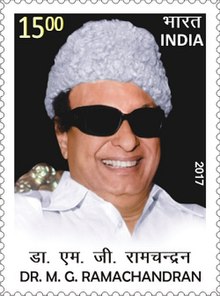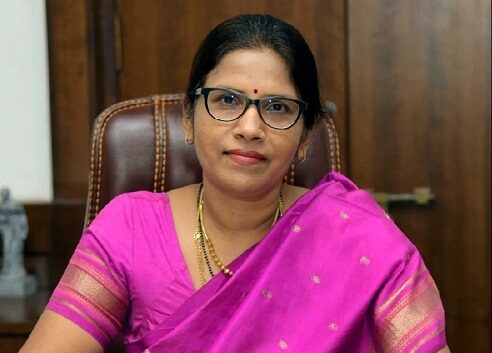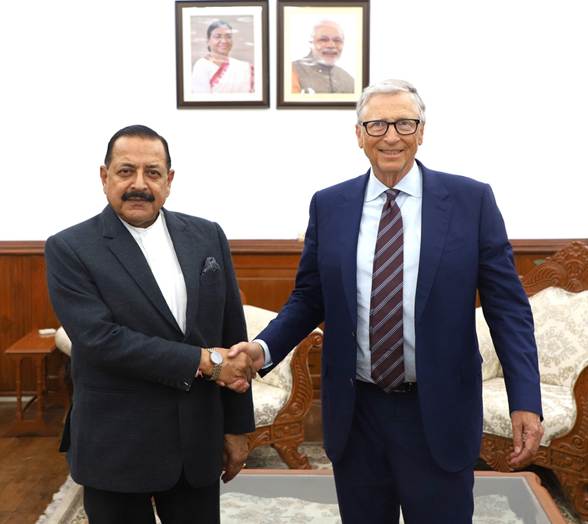MG Ramachandran A Visionary Leader and Icon of Social Welfare

MG Ramachandran: A Visionary Leader and Icon of Social Welfare.On January 17, 2025, Prime Minister Narendra Modi paid heartfelt tribute to Thiru M.G. Ramachandran (MGR) on his birth anniversary, honoring his significant contributions to society and his efforts to uplift the poor. MGR’s life was a testament to the power of compassion, dedication, and leadership. His journey, spanning cinema and politics, remains an inspiration for millions.
MG Ramachandran A Visionary Leader and Icon of Social Welfare
Early Life and Roots in Tamil Nadu
Born on January 17, 1917, in Kandy, Sri Lanka, Maruthur Gopalan Ramachandran had humble beginnings. After the untimely demise of his father, MGR’s family relocated to Tamil Nadu. His early life was marked by struggles, which shaped his empathetic outlook toward the underprivileged. These formative experiences cultivated his passion for serving the poor and disadvantaged.
Rise to Stardom in Tamil Cinema
MGR stepped into Tamil cinema in the 1930s, starting with minor roles before becoming a leading actor. His charisma, natural acting skills, and ability to connect with audiences earned him unparalleled fame. Films like Malaikkallan and Nadodi Mannan showcased his talent and cemented his status as a superstar.
Beyond entertainment, MGR used his films to deliver social messages. He often portrayed characters who fought against oppression and championed justice, values he carried into his political life. His popularity extended beyond the screen, making him a household name across Tamil Nadu.
Transition to Politics
MGR’s journey from cinema to politics was a natural progression. Recognizing the power of his influence, he entered politics in the 1950s by joining the Dravida Munnetra Kazhagam (DMK). He worked closely with C.N. Annadurai, the DMK’s founder, learning the intricacies of politics and public service.
In 1972, following ideological differences within the DMK, MGR founded the All India Anna Dravida Munnetra Kazhagam (AIADMK). His new party emphasized social justice, women’s empowerment, and economic development.
Visionary Leadership as Chief Minister
MGR served as the Chief Minister of Tamil Nadu from 1977 to 1987. His tenure marked a new era of inclusive governance, with a focus on poverty alleviation and welfare schemes. His policies transformed the state and improved the quality of life for millions.
Key Achievements During MGR’s Tenure
- Midday Meal Scheme: One of MGR’s most notable initiatives was the introduction of the Midday Meal Scheme. This program provided free lunches to schoolchildren, addressing malnutrition and increasing school attendance. The initiative became a model for other states to emulate.
- Housing for the Poor: Recognizing the need for affordable housing, MGR launched schemes to provide homes for the economically disadvantaged. These efforts reduced homelessness and improved living standards.
- Empowering Women: MGR believed in the empowerment of women as a cornerstone of development. His government introduced several programs to promote women’s education, employment, and entrepreneurship.
- Healthcare Access: Under his leadership, healthcare facilities were expanded to rural areas. Subsidized medical treatments and the establishment of new hospitals ensured that even the poorest could access quality care.
- Economic Development: MGR encouraged industrialization and infrastructure development, creating jobs and boosting Tamil Nadu’s economy. His vision laid the foundation for the state’s modern economic growth.
MGR’s Connection with the People
MGR’s success as a leader stemmed from his deep connection with the people. His ability to empathize with their struggles earned him unwavering support. He was affectionately called “Puratchi Thalaivar” (Revolutionary Leader) and became a symbol of hope for the underprivileged.
His style of governance was hands-on. He often visited villages to understand the needs of the people firsthand. His accessible and transparent approach to leadership set him apart from his contemporaries.
Cultural and Social Contributions
MGR’s influence extended beyond politics and cinema. He was a patron of arts and culture, promoting Tamil literature and traditions. His efforts to preserve Tamil heritage fostered a sense of pride and unity among the people of the state.
Legacy of Empowerment
Even decades after his passing, MGR’s legacy endures. His commitment to social welfare, education, and healthcare remains a benchmark for governance. Programs initiated during his tenure continue to benefit Tamil Nadu’s residents, serving as a testament to his visionary leadership.
Global Recognition
MGR’s contributions were recognized not only in India but also internationally. In 1988, he was posthumously awarded the Bharat Ratna, India’s highest civilian honor. This acknowledgment underscored the lasting impact of his work on society.
MGR’s Relevance Today
As India progresses, MGR’s principles of inclusive development and social justice remain relevant. His governance model, rooted in empathy and action, offers valuable lessons for addressing contemporary challenges. Leaders across the political spectrum continue to draw inspiration from his approach to governance.
Conclusion
On his birth anniversary, it is fitting to celebrate MG Ramachandran not just as a political leader or a cinematic icon, but as a visionary who transformed lives. His dedication to uplifting the marginalized and fostering unity serves as a guiding light for the nation.
MGR’s life is a reminder that true leadership lies in service, and his legacy will continue to inspire generations. As Prime Minister Modi aptly remarked, MGR’s contributions have made him an eternal symbol of empowerment and progress.










